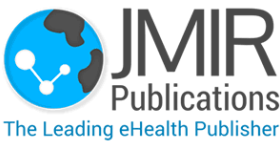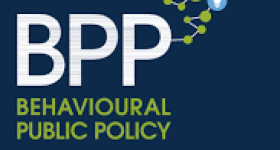Rethinking Citizen Competence: A New Theoretical and Empirical Framework
Sceptics charge that ordinary citizens are not competent enough to sustain democracy. The researchers challenge this assessment in this paper.


Rethinking Citizen Competence: A New Theoretical and Empirical Framework
Sceptics charge that ordinary citizens are not competent enough to sustain democracy. The researchers challenge this assessment in this paper.

Large language model (LLM) artificial intelligence chatbots using generative language can offer smoking cessation information and advice.

Explaining Twitter’s inability to reduce vaccine misinformation during the COVID-19 pandemic
Users dissatisfied with exposure to objectionable online content have begun to migrate en masse to new social media platforms.

The Reputational Penalty: How Fact-Checking Can Penalize Those Who Spread Misinformation
Whether or not political leaders pay a price for spreading misinformation has profound implications for democracy.
How does media shape and reflect right-wing rhetoric in the U.S.?

The Diffusion and Reach of (Mis)Information on Facebook During the U.S. 2020 Election
Social media creates the possibility for rapid, viral spread of content, but how many posts actually reach millions?

Improving debriefing practices for participants in social science experiments
Social science experiments often expose participants to false, deceptive, or otherwise harmful content.

Shoves, nudges and combating misinformation: evidence on a new approach
To what extent can the harms of misinformation be mitigated by relying on nudges? Prior research has demonstrated that non-intrusive ‘accuracy nudges’ can reduce the sharing of misinformation.

We report results from simultaneous experiments conducted in late 2022 in Belarus, Estonia, Kazakhstan, Russia and Ukraine.

Socio-Ecological Responses to Misinformation on Social Media: A Framework for Multilayered Action
Misinformation has emerged as a major meta-challenge, impeding the resolution of the most critical issues of our time.
